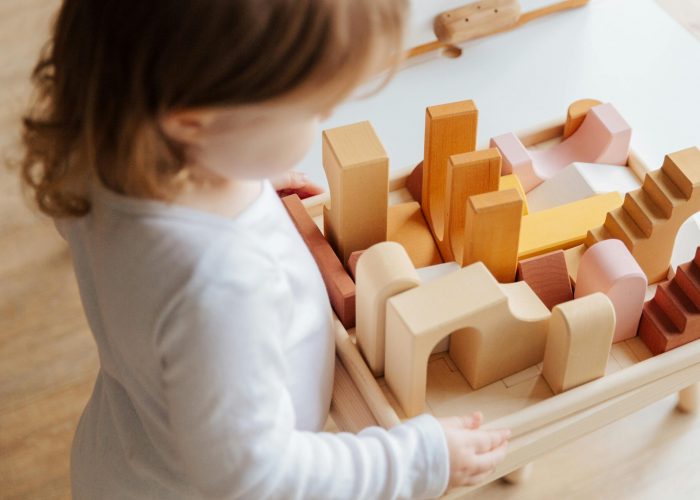
The strands in natural cotton are more grounded and more adaptable, making them impervious to mileage.

Natural cotton will in general be more solid than regular cotton because of how it is developed and handled.

The cultivating of natural cotton utilizes less regular assets, like water and energy, and dodges unsafe cultivating rehearses that can exhaust soil wellbeing and biodiversity.

Numerous natural cotton ranches and producers stick to fair exchange standards, guaranteeing that laborers are repaid reasonably. Natural cotton brands are regularly dedicated to forestalling the double-dealing of laborers, including kids.
Natural cotton creation frequently upholds moral work rehearses. Many brands that produce natural cotton clothing guarantee that their laborers are paid fair wages and work in safe conditions. By picking natural cotton, you’re supporting a more others conscious and straightforward store network.
Natural cotton is adaptable and can be worn all year. Its breathability and dampness wicking properties make it extraordinary for summer, while its delicate, protecting characteristics guarantee warmth during the cooler months.
The texture assists keep your youngster cooling during the hotter months by permitting air to flow. Natural cotton can be layered during colder months, giving warmth without mass.
